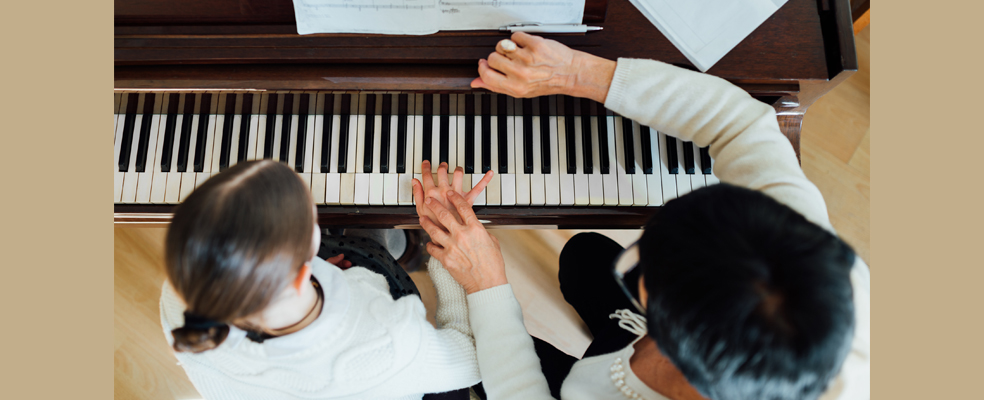- Home
- About me
- Course
- Portfolio
- Student Recitals
- Piano Recital2024
- 美樂薈音樂會2023
- Piano Recital 2022
- Piano Recital 2021
- 樂文滙師生音樂會2019
- 美樂貝卡師生音樂會2018
- IKA Students Recital 2017
- IKA Students Recital 2016
- Student Recital 2015
- Student Recital 2014
- Student Recital 2013
- Student Recital 2012
- Student Recital 2011
- Student Recital 2010
- Student Recital 2009
- Student Recital 2008
- Performance
- Students’ Performance
- Student Recitals
- Blog
- FAQ
- Contact us
- English

Can the initial stage of learning piano be easily neglected?
Parents choose to sign up for piano classes in order to cultivate their children’s interest in music. But do they consider the importance of the initial stage of piano learning for a solid foundation when planning piano classes for their children?
What should parents consider when choosing a piano teacher? Is the tuition fee cheap? Is it far away from the place where they live? Can the piano classes be combined with the other hobby groups classes or not run into those that have already been signed up for? Parents love their children eagerly and, when the children are young, they sign them up for different hobby groups to cultivate their interest. Parents also choose piano lessons among hobby groups. Some parents balance their time to study in all of the hobby groups and think that the initial piano stage just serves to let children “play a bit”, listen to the sounds, learn to recognize C, D, E, F, G tones, beat time, etc. They just look for inexpensive tuition fees so that a teacher with little experience could play with their child.
A teacher with rich experience in piano teaching does attach importance to the initial stage of learning piano, not only does explain the hand shape movements when playing piano, but instructs in all aspects of sound recognition, listening, beat etc. The most important thing is that they can see from their rich teaching experience whether students have bad habits when practicing, they can observe the piano playing of every student and thus give the students the direction of practice. They point out where the students should make corrections, balance their piano music and technique study, improve the students’ sense of music and the skill level in playing piano, so as to later make a good foundation for the piano stage of the intermediate (grades 4, 5) or even higher (grades 6-8) degree and handle the matters with ease.
The music of the first stage is simple music monosyllabic music. Some parents believe that the learned things are shallow and there is no need to conscientiously and deeply practice piano, so that it is not necessary for the children to have enough time to practice piano and there is even no piano practice at all. There are also students in the initial stage who use relatively thin, relatively light keys, or even an electronic piano with missing keys to practice piano. As a result it is impossible to completely practice the music well in the circumstances when the touch keys are shallow, there are insufficient keys and no foot pedal, and such problems as weak sound training etc.
The keys of acoustic piano of solid wood have weight and have the original piano timbre. If students cannot to buy a piano at home during the initial stage of learning piano, parents can arrange renting a solid wood piano for a fixed period within one week for the students to practice piano. Only then can the deep, full sound keys and timbre be developed. Since solid wood pianos have sufficient keys and a pedal to play together, they can produce a loud thin sound, and there will be no problem with inability to practice music completely. Parents can consider buying a piano after one year of steady progress. This will help greatly wuth learning piano in the long term.
All things should be done gradually, if the foundation of the initial piano stage is not good, when one will have reached the intermediate (Grade 4, 5), or even the advanced (Grade 6-8) degree, they will get to know how hard it will be “to make up the bottom” and it will be too late. The importance of the first stage of learning piano to the students is not to be ignored.



